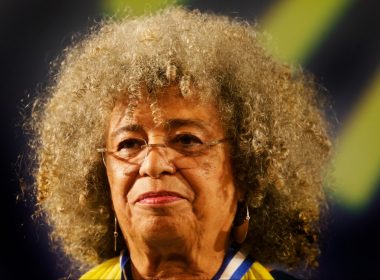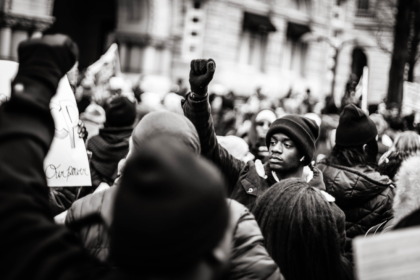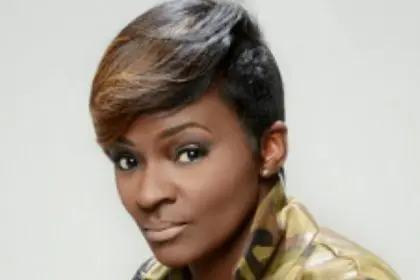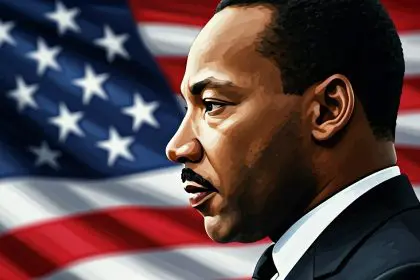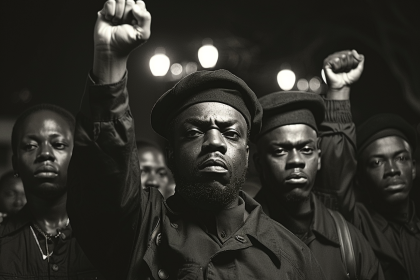There seems to be a pervasive belief that Jay-Z is just a rich rapper who couldn’t care less. But he’s helped contribute to solving Africa’s water crisis and launched a trust fund for the children of Sean Bell, who was murdered by the NYPD in 2006. He donated $1 million to Hurricane Katrina relief and appeared at a rally for Trayvon Martin in New York City two weeks ago. But none of that matters because he’s not leading rallies?
This idea that celebrity automatically qualifies you for activism has been around for generations. But it has intensified in the social media age. With virtually every aspect of stars’ lives being consumed by the general public, criticism against artists who aren’t perceived as being “active” enough is louder than ever.
But is it justified?
Being wealthy and famous doesn’t automatically qualify you to become a social activist or crusader any more than it qualifies you to be a neurosurgeon. If one takes causes seriously, it has to be acknowledged that not everyone is a born leader in that regard. What marches did Prince lead in the 1980s? What socio-political movements were kick-started by Whitney Houston? It seems like these A-listers of the past gave to charities and launched foundations in their name to aid causes — which is similar to what many superstar artists do today. For every one Harry Belafonte or Paul Robeson; there have always been ten or twenty Stepin Fetchits or Bill Cosbys. Both Fetchit (birth name Lincoln Perry) and Cosby were known for giving money to help various causes. But we are so enamored with the idea of the rabble-rouser that, as a generation, we dismiss the check-writer completely.
Jay Z nor anyone else is above criticism. What he said should be criticized. But there’s a difference between criticism and vilification. But it’s regrettable that a necessary dialogue devolved into a war of words between two strong-willed men.
Many people believe that hip-hop is a cancer — and that belief colors the way that they view rappers and their “lack” of activism. If you’re already prejudiced against a group, you’re going to think the worst of that group. But maybe you should step outside of your biases and find out exactly what is real and what isn’t. Because black people believing the worst about black people never seems to push anyone forward. And we don’t need any more help being held back.


